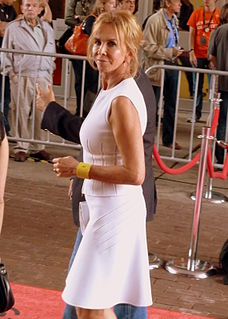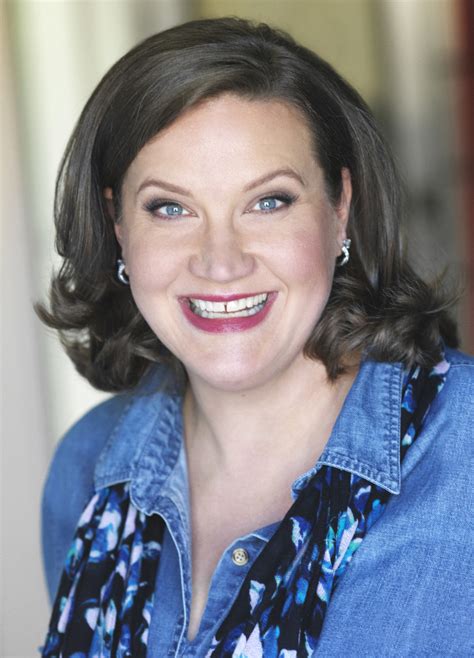A Quote by Jim Rohn
The greatest change to go from average to fortune is not so much an increase in knowledge, but rather, a change in our emotions about achieving our goals.
Related Quotes
Seeing ourselves as we want to be is a key to personal growth. To successfully bring about change in our lives we need to implement a system of change that is build upon three assumptions. First Assumption: We change our lives by changing the attitudes of our minds. Second Assumption: We become what we think about all day long. Third Assumption: Our mind is naturally goal seeking. Please remember these assumptions. Our mind is always trying to accomplish something. We have a powerful machine wanting to achieve goals. It will set the goals that we allow it to.
We women, we're always being invited to change our hairstyle, change our clothes, change our wardrobes. It's also important for us to remember as we age to keep changing the way we think of the world. I'm not saying to be flaky at all; but rather than being rigid about something, stay open and available.
No matter what is happening in our lives, we choose how we wish to think about it. And the greatest gift we give ourselves is often our willingness to change our minds. Despite what might seem to be the saddest and most intractable situation, we have the power to believe that something else is possible, that things can change, that a miracle can happen.
Jesus does not respond to our worry-filled way of living by saying that we should not be so busy with worldly affairs. He does not try to pull us away from the many events, activities, and people that make up our lives. . . . He asks us to shift the point of gravity, to relocate the center of our attention, to change our priorities. Jesus does not speak about a change of activities, a change in contacts, or even a change of pace. He speaks about a change of heart.
...our life crises tell us that we need to break free of beliefs that no longer serve our personal development.
These points at which we must choose to change or to stagnate are our greatest challenges.
Every new crossroads means we enter into a new cycle of change - whether it be adopting a new health regimen or a new spiritual practice.
And change inevitably means letting go of familiar people and places and moving on to another stage of life.
So we are left with a stark choice: allow climate disruption to change everything about our world, or change pretty much everything about our economy to avoid that fate. But we need to be very clear: because of our decades of collective denial, no gradual, incremental options are now available to us.
































